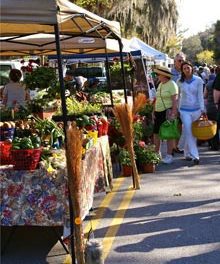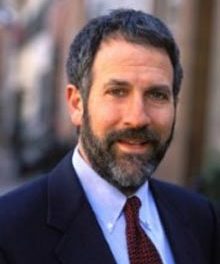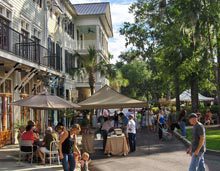What is the Congress for the New Urbanism & What are they doing in Beaufort?
The Congress for the New Urbanism (CNU) is an international organization that promotes walkable, sustainable, healthy, and compact communities, neighborhoods, towns and cities. Founded in 1993, the group has over 3,100 members world-wide who work hard to promote these ideas, ideas which have shaped many of the great places we all know and love. The principles are not new, but rather rooted in old urbanism and town design. The CNU is simply bringing them back to the forefront of planning once again.
The CNU has many local chapters and this region is represented by the CNU Carolinas Chapter. Beaufort has a very high concentration of New Urbanists and represents an active segment of the chapter. In the next few months, we will use this column to discuss a variety of topics that are important to the future growth of Beaufort. In addition, we plan to bring in a quarterly speaker to elaborate on these subjects, as well as to host a quarterly “first-hand-experience” event that invites the community to appreciate the great built and natural environment we have all around us here in the Lowcountry.
For more information, please visit www.cnucarolinas.org
What we stand for – The Preamble to the Charter of the New Urbanism
The Congress for the New Urbanism views disinvestment in central cities, the spread of placeless sprawl, increasing separation by race and income, environmental deterioration, loss of agricultural lands and wilderness, and the erosion of society’s built heritage as one interrelated community-building challenge.
We stand for the restoration of existing urban centers and towns within coherent metropolitan regions, the reconfiguration of sprawling suburbs into communities of real neighborhoods and diverse districts, the conservation of natural environments, and the preservation of our built legacy.
We recognize that physical solutions by themselves will not solve social and economic problems, but neither can economic vitality, community stability, and environmental health be sustained without a coherent and supportive physical framework.
We advocate the restructuring of public policy and development practices to support the following principles: neighborhoods should be diverse in use and population; communities should be designed for the pedestrian and transit as well as the car; cities and towns should be shaped by physically defined and universally accessible public spaces and community institutions; urban places should be framed by architecture and landscape design that celebrate local history, climate, ecology, and building practice.
We represent a broad-based citizenry, composed of public and private sector leaders, community activists, and multidisciplinary professionals. We are committed to reestablishing the relationship between the art of building and the making of community, through citizen-based participatory planning and design.
We dedicate ourselves to reclaiming our homes, blocks, streets, parks, neighborhoods, districts, towns, cities, regions, and environment.







